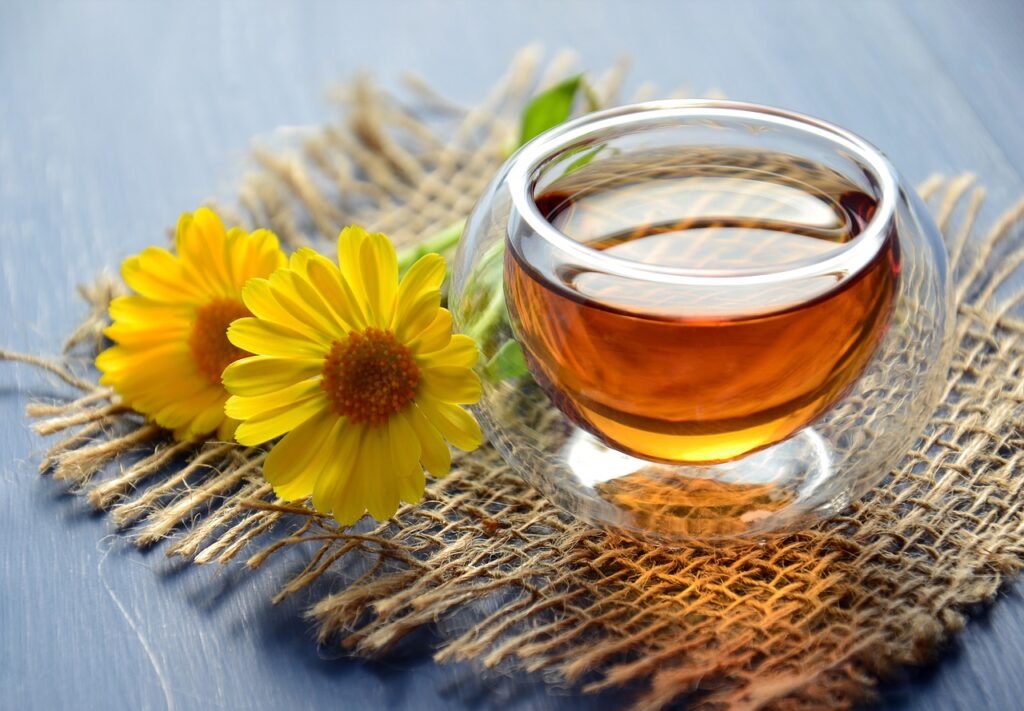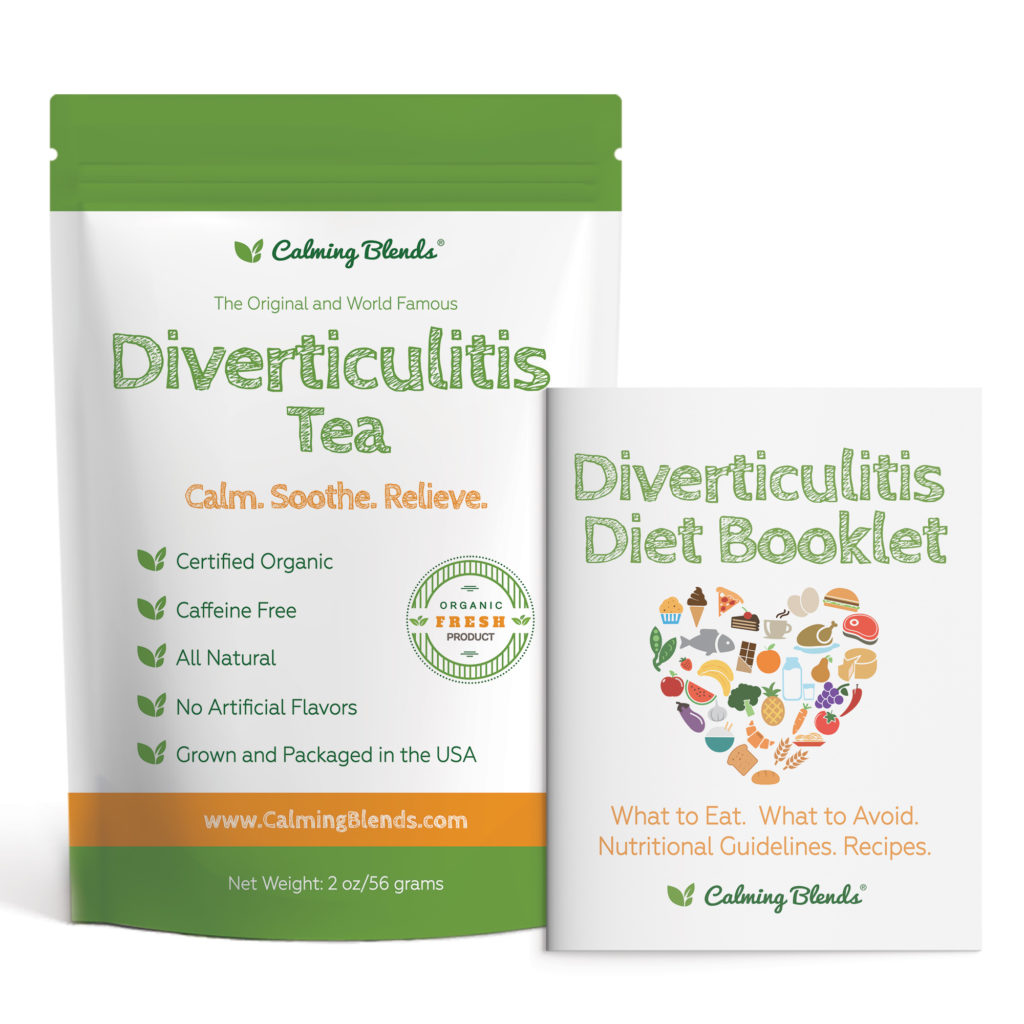Tea Drinkers May Age Slower, Scientists Reveal

Tea Drinkers May Age Slower, Scientists Reveal
Could This Simple Beverage (Tea) Slow Down the Aging Process?
A multitude of factors contribute to the aging process, and diet plays a significant role in this equation. From the vitality of our skin to the functionality of our cells, the foods we consume provide a diverse array of vital nutrients that can support our body’s intricate mechanisms and contribute to a longer, healthier life.
One beverage that has garnered attention for its potential anti-aging properties is tea. While sipping tea may be a stereotypical British pastime, this beloved beverage is a staple in nearly 80 percent of American households, as reported by the Tea Association of the U.S.A. In 2021 alone, Americans consumed a staggering 3.9 billion gallons of tea, equivalent to approximately 85 billion servings.
Studies conducted on animals have indicated that tea’s plant-based compounds, known as polyphenols, may extend the lifespans of various creatures, including worms, flies, and mice. Moreover, research involving humans has revealed a connection between tea consumption and a reduced risk of several age-related diseases, such as heart disease, diabetes, dementia, and cancer. Nevertheless, the link between tea consumption and biological aging remains relatively unexplored, with limited studies delving into this intriguing connection.
Calming Blends health’s content is for informational and educational purposes only. Our website is not intended to be a substitute for professional medical advice, diagnosis, or treatment.
